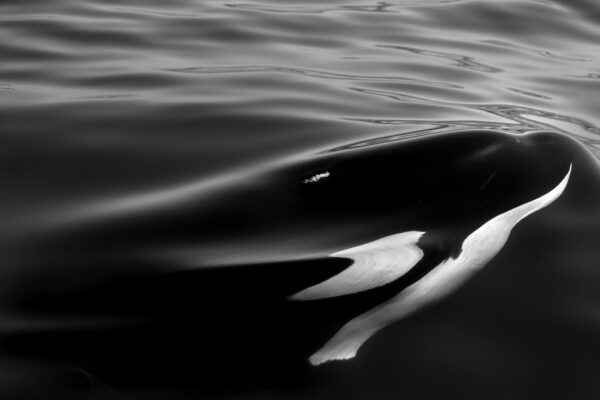Nearly half of the whales and dolphins found in UK waters over the past five years contained harmful concentrations of toxic chemicals banned decades ago, an investigation has found.
Among orcas stranded in the UK, levels of PCBs, a group of highly dangerous and persistent chemicals that do not degrade easily, were 30 times the concentration at which the animals would begin to suffer health impacts, researchers said.
For the latest report, scientists examined post-mortem records and tissue samples from 1,000 marine mammals, consisting of 11 different species stranded in the UK, using data collected over 30 years by a partnership including ZSL’s Cetacean Strandings Investigation Programme, a government-funded project, and the Centre for Environment, Fisheries and Aquaculture Science.
They found that concentrations of PCBs, once widely used but banned globally in 2004 under the Stockholm convention, were highest in long-lived species at the top of the food chain: orcas, bottle-nosed dolphins and white-beaked dolphins.
Researchers said they controlled for the bias introduced by examining stranded animals, whose deaths may have been hastened by chemicals, by including a high percentage of deaths from trauma, such as boat strikes or entanglement with fishing lines.
Scientists described the findings as a “huge wake-up call” that should ring alarm bells not only for the future of marine mammal health but for human health, too.
The full story can be read in the Guardian.
